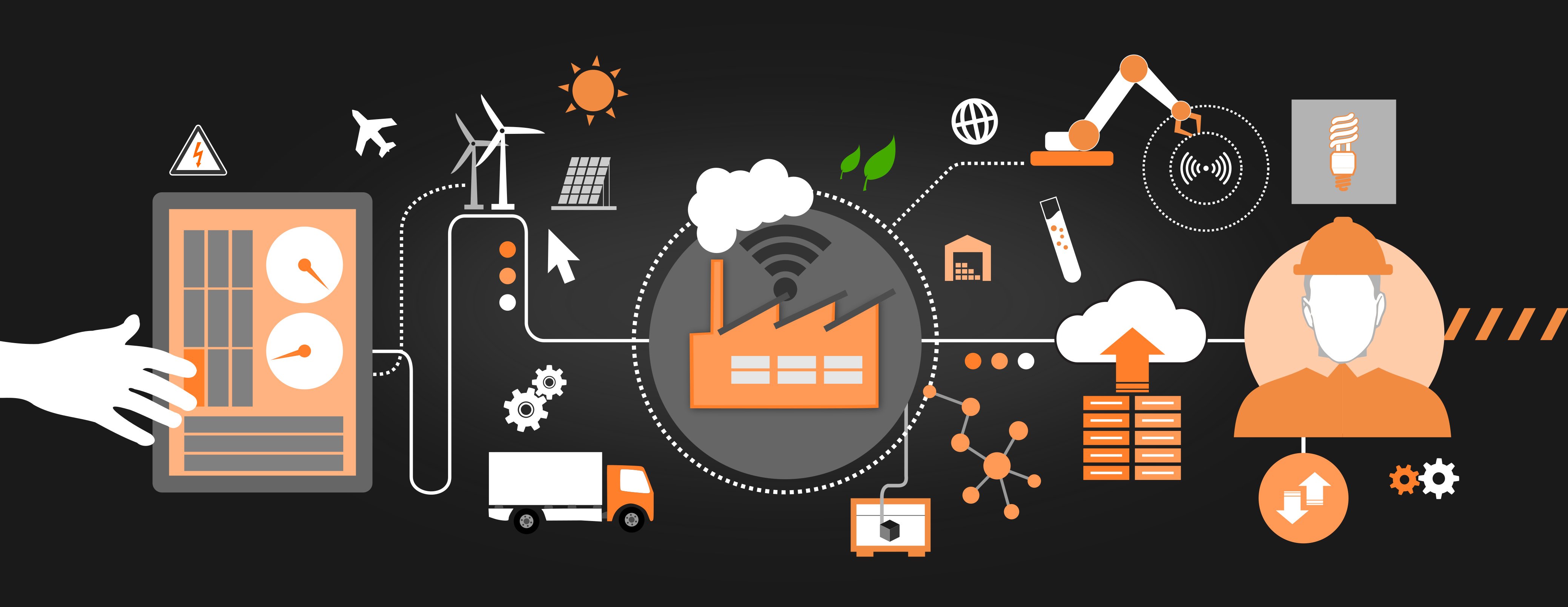Latest trends in Manufacturing
With the technology evolving at a great pace there is a variety of technology that is being used in the manufacturing sector. Latest Trends In Manufacturing Industry. Manufacturing industries are utilizing advanced manufacturing capabilities and information technology (IT) throughout the product lifecycle for increased visibility into operations, cost savings, faster production times and the ability to provide excellent customer support.
AI in Manufacturing: Today, the production processes are being automated with AI technology. The core of this machine-learning technology and software for design recognition can be the key to the future transformation of factories. What if computers, like people, started to learn from the experience? And this has begun to take shape already. It is a timeless production objective: to produce high-quality products at a low cost.
It is already proven by Factory 4.0, which manufacturers are successfully achieving this goal more than ever and Industrial AI and ML is one of the core technologies that drive this new wave of ultra-automation. Data has become a precious resource and capturing and storing is cheaper than ever. Utilizing AI and, in particular, process-based machine learning, manufacturers can use data to significantly improve production efficiency, product quality, and safety for employees.
For manufacturers that can predict a part, machine or system failure, predictive maintenance has become a must-have solution. Predictive maintenance uses advanced machine learning AI algorithms and artificial neural networks to formulate asset malfunction forecasts. This makes for a drastic reduction in costly unexpected downtimes and the expansion of production machinery's Remaining Useful Life (RUL). In cases of unavoidable maintenance, technicians will be informed in advance about which components are necessary for inspection and what tools and methods they need to use.
Automation and the Internet of Things (IoT): Technologies like Robotics, machine learning, and artificial intelligence are improving automation, allowing companies to improve quality, value, cut down costs or offer new services. Advanced analytics helps to identify patterns and fundamentals for workflows and processes, such as preventative maintenance. Many Companies are gathering operational data to analyze and leverage valuable information from manufacturing processes to develop their organization and products.
Automated manufacturing execution systems (MES), automatically collects data into existing enterprise resource planning (ERP) structures. An MES is used to track and document the transformation of raw materials to finished goods, providing insights that can help improve plant conditions and product output. Many companies use ERP software systems such as integrated quality management system (IQMS) that capture the status of all molding machines like uptime, downtime, cavity utilization, and a few other factors. This real-time data, collected by different sensors can give a full picture into manufacturing processes, employee efficiency, and effectiveness of production planning. IoT can also help to maintain quality by monitoring humidity, ambient temperatures, water and other elements that could harm the quality of parts.

